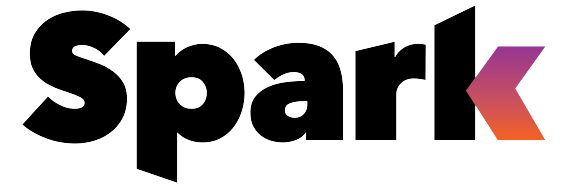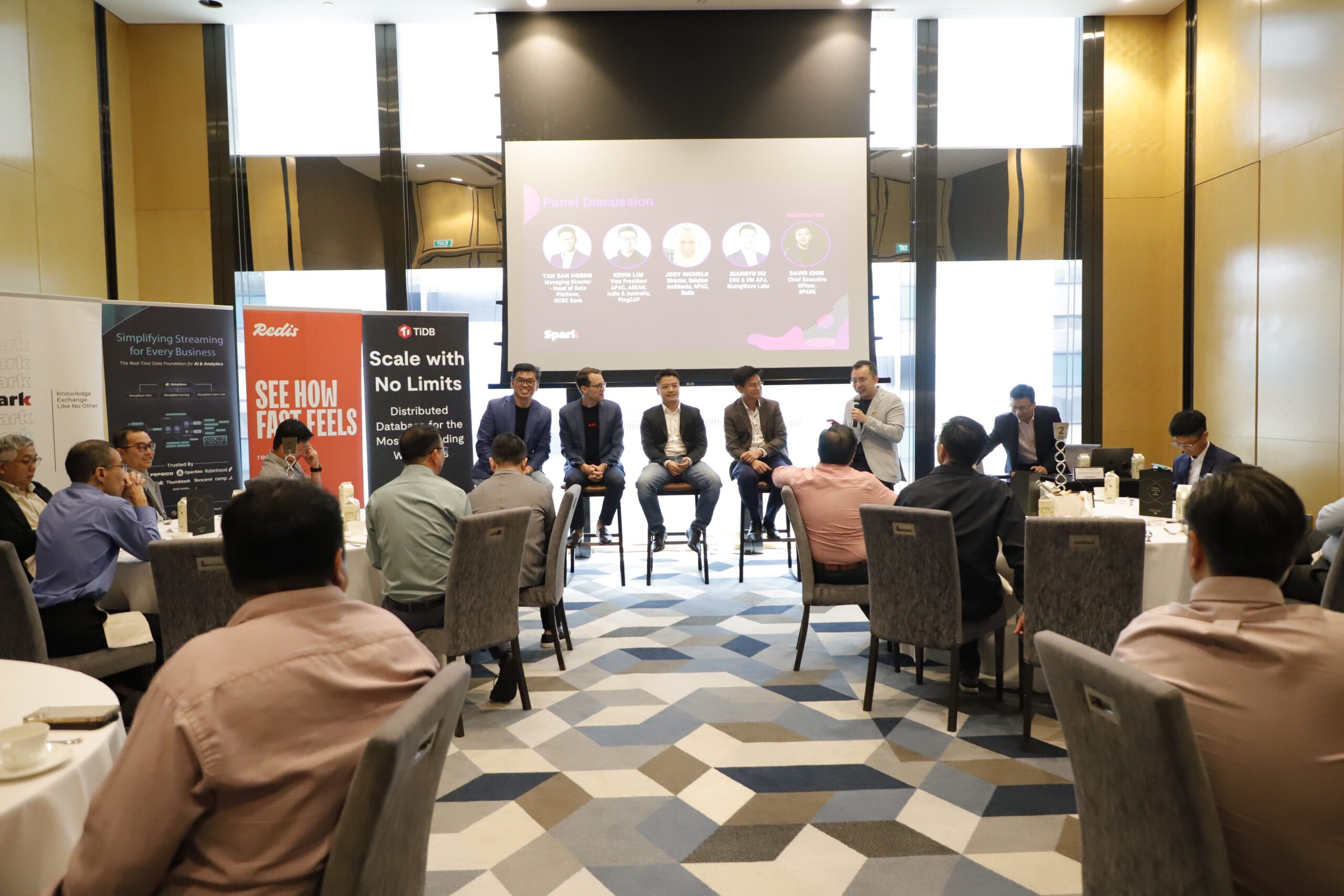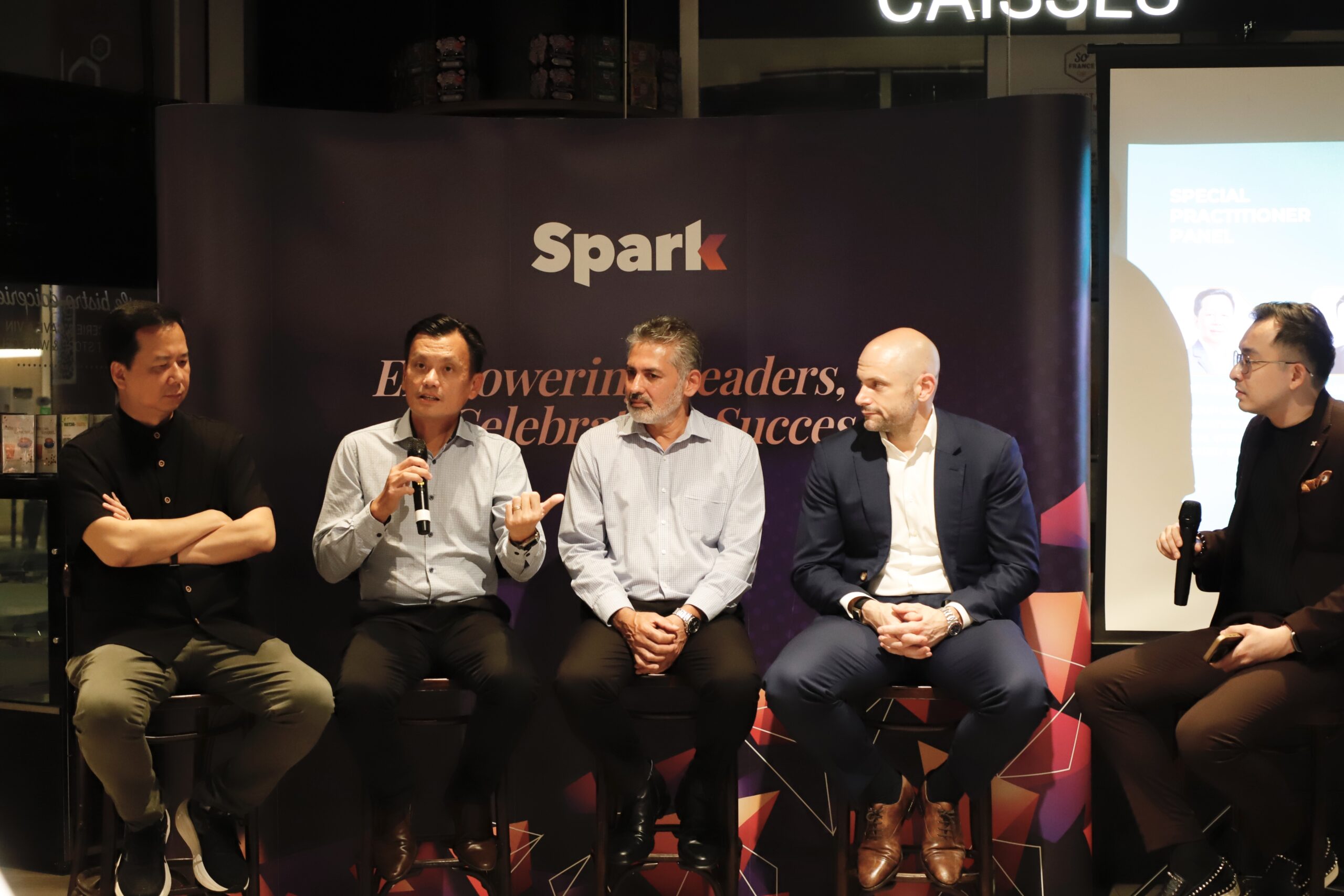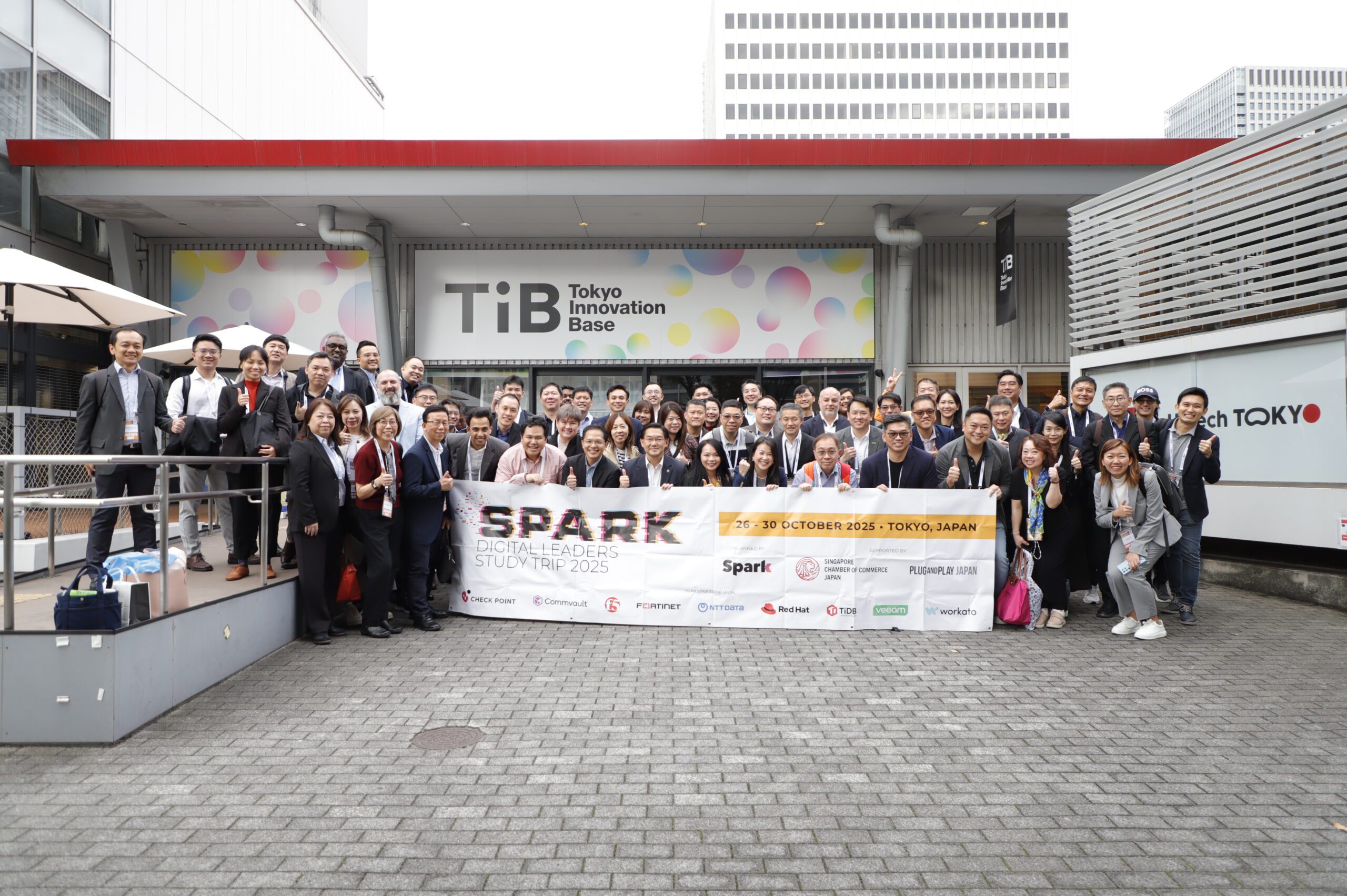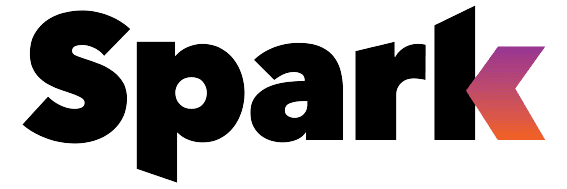Government Leadership Forum 2017
3 May 2017
As part of the CIO Forum 2017, CIO Academy Asia (CIOAA) together with VMware, co-hosted the Government Leadership Forum 2017 on 3 May 2017 at Sofitel Singapore Sentosa. The forum saw more than 25 Government CIOs and IT leaders taking part from all across ASEAN. Over half a day of presentations, deliberations and roundtable discussions, the forum explored the theme of leading the digital transformation journey for Government CIOs, especially in the context of Asian countries.
In his opening address, P. Ramakrishna, Deputy CEO, CIOAA, said that this was the maiden Government CIO Forum organized by CIOAA.He enumerated 9 key factors that were shaping the initiatives of digitizing government services : we are living in a VUCA (a US Army term which stands for ‘volatile, uncertain, complex and ambiguous’) world and whether the governments are resilient enough since it has implications on governance; digital natives are here to stay; business and tech life cycles are moving at a faster pace; social media is the new norm; the rise of the disruptive platforms and their impact; use of data analytics to engage citizens ; the rise of technologies such as Artificial Intelligence (AI), Machine Learning (ML) and Robotics and how they have upped the ante for governments; the constant threats of cyber-security; and the challenge of regularly updating and renewing government policies depending on the fast-changing circumstances.
The first speaker at the forum was Natasha Beschorner, Senior ICT Policy Specialist, at the World Bank. In her data-driven presentation, Beschorner discussed the policy approaches to growing the digital economy. Citing studies done by the World Bank, she highlighted that digitization has to be ‘a whole of government agenda’ and should not be done in siloes. The aim has to be: everything is connected and everything is intelligent—building up the wave of ‘intelligentization’ of government services.
She also pointed out that digital tech can actually accelerate growth for countries as it enables organizations to reach new markets, improves service delivery for citizens and strengthens institutions.
Among the policy challenges that governments face today are affordability of Internet, legal and regulatory issues. Addressing the Asian CIOs, she also suggested some digital strategies for governments such as broadband universal access and supporting IT offshoring and online freelancing to bolster the digitization process in their countries.
Kendrick Lee, Deputy Director, Product Management, GovTech, gave a scintillating presentation on ‘Delivering government digital services – the Agile Way!’.
Kendrick made the point that the government has a customer—her citizens. Government’s job is to respond to citizens’ demands and allow them to transact in a ‘fuss-free’ way.
Based on this understanding, he underlined three key factors: data, engagement and collaboration, which should be guiding principles of Government CIOs. By meshing up these three principles/approaches, governments can serve the citizens in a 360-degree way for authentication and identity services, for profile data (for creation and registry services) and (data) integration and orchestration (across platforms).
He gave some examples of projects in Singapore, SingPass is a ubiquitous product with 3.3 million accounts. It helps in extending digital identity of users for 220 services across 80 agencies. However, before SingPass became this successful, user adoption was a big challenge.
Kendrick also talked about designing for privacy as people expected a different level of trust from government. He said that they paid special attention to income, location and health data as they are very sensitive data for citizens. While developing applications, they also researched on user journeys and piloted them with real users. He mentioned one successful product, MyInfo, which is now being extended to establish identity for users in opening bank accounts in a ‘fuss-free’ manner.
Kendrick’s talk was followed by a government panel discussion on ‘Innovative Ways to serve and engage with digitally savvy citizens’. Participating in the discussion were Siew Yim Cheng, CIO, JTC Corporation, Singapore; Ramachandran Narayan, Director, Technology & Innovation Group, NLB, Singapore; Rosina Howe-Teo, Group Director, Innovation & InfoComm Technology, LTA, Singapore; and Iwan Djuniardi, Director Transformation Technology, Communication and Information, Directorate of General Tax/Ministry of Finance, Indonesia. Moderated by Glen Francis, the President of CIOAA, the panel discussed at length on the challenges CIOs were facing in their respective jobs and how they were using innovative ways to serve the citizens better.
Next, in a delightful fireside chat with Pat Gelsinger, CEO, VMware, Ramakrishna teased out of Gelsinger nuggets of wisdom from his professional and personal life—a very memorable exchange for all those present at the forum. In his inimitable style, Gelsinger made many salient points on government and technology: how ‘tech is breaking out of tech’ and how e-government initiatives are enabling agencies to better engage their citizens. Batting for adoption of new technologies, he advised government CIOs that they should ‘drive innovation into their environment’ and that ‘legacy is their biggest enemy’!
Gelsinger also agreed with Rama that IT has to be seen as a value center and not as a cost center. To illustrate this, he gave the example of his own company’s IT department—how it has been helping him immensely do his business as a CEO (through apps, business updates, online approval systems and systems that let him be aware of the customer pipeline). The last part of the discussion was finding equilibrium in work and life—something that arose out of Gelsinger’s own experiences as a busy CEO and a family man, as described in his bestselling books.
The concluding discussion of the day was a government panel discussion on the topic ‘Digitizing the Government’. This panel showcased a range of CIOs from various ASEAN countries: Setiaji, Head, Jakarta Smart City; Dato’ Dr. Amirudin Abdul Wahab, CEO Cybersecurity Malaysia; Kamrang Eang, ICT Industry Department Director, Ministry of Posts and Telecommunications of Cambodia; Denis Villorente, Undersecretary for Development & Innovation, Philippines Department of ICT; Kendrick Lee, Deputy Director, Product Management, GovTech; and Natasha Beschorner, Senior ICT Policy Specialist, at the World Bank.
Moderated by Rama, the discussion ranged from how good are governments in innovating to implementation challenges in digitization, and the lessons learnt in the process. Some of the main ideas that emerged during the discussion were that data is a catalyst for innovation and that security should not be seen as stumbling block but as a catalyst to engage and learn. Big data, analytics and AI were the unanimous choices for government CIOs as the technologies which will have the biggest game-changers for the next 1-2 years.
The Government Leadership Forum came to end with five roundtable discussions that enabled all participants to explore topics of their choice more intimately. Some of the topics that were discussed were developing the innovation mindset within the government sector, leveraging disruptive technologies to engage digitally savvy citizens and collaboration and trust as key ingredients for the digital age. The session concluded with each table lead sharing the main findings of their discussion with the rest of the participants.
Some of the salient points that resulted from the roundtable discussions are as follows:
Topic 1: Developing the innovation mindset within the government sector
- Digitization has to be a whole of government agenda, not for siloed adoption – where everything is connected and everything is intelligent, leading to “intelligentization” of
- Government has a customer: its Governments have to use IT to allow citizens to transact in a fuss free manner.
- Government CIOs are not afraid of disruptive technologies and the forward thinking IT leaders are looking for ways to include these innovative technologies to bolster their offerings to
- To engage innovative companies, Government CIOs should develop an SLA
Topic 2: Leveraging disruptive technologies to engage digitally savvy citizens
- Connectivity is still an issue for some Asian
- Analytics is a big disrupter; other important disrupters are AI, ML, and
- Efforts should be made to make the Regulators’ mindset
Topic 3: Opportunities and challenges of public sector data-sharing initiatives
- Data sharing concerns both technical and mindset
- Technical issues are easier to solve, mindset and cultural issues of hoarding data are more challenging and will take a longer while to
- ‘Whole of government’ must be involved in deciding which data is relevant to be shared with the citizens and businesses.
Topic 4: Hiring and retaining the right talents in today’s digital workspace
- There is a skills gap in Hiring and retaining talent are also one of the main challenges for Government CIOs.
- For example, in Vietnam, salary for IT professionals is a bit low, so attracting millennials to IT jobs in the Government sector is a
- Government CIOs should look at training older works so that they get a second
- The key new skill sets required in the digitalized works are social media readiness, agile, soft skills, ability to communicate, partnerships and collaboration
Topic 5: Collaboration and trust as key ingredients for the digital age
- Culture affects collaboration and trust within an This begins with top management demonstrating a willingness to share and work well together. At the same time, organizations may adopt soft and hard measures to encourage collaboration such as through performance appraisals.
- Healthy competition between departments can be achieved through building trust among all departments which will result in more effective collaboration to stay ahead of the
- A driving force in digital transformation, millennials use digital platforms such as social media extensively, making such platforms the place for
- Security should be seen as a culture, so there should be security by design.
To view the pdf version of this report, please visit here.
